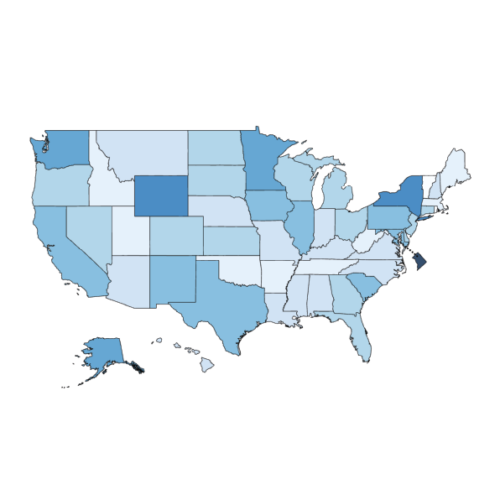Sociodemographic Variations in the Association between Indoor Environmental Quality in School Buildings and Student Performance
Wande Benka-Coker, Bonnie Young, Shannon Oliver, Joshua W. Schaeffer, Dale Manning, Jordan Suter, Jennifer Cross, Sheryl Magzamen,
This study examined how indoor environmental quality (IEQ) in schools influences academic achievement, using data from a racially and socioeconomically diverse school district in suburban Denver, Colorado. Researchers linked student-level math and reading test scores from 2011–2014 with school building IEQ characteristics assessed through the Operations Report Card (ORC), an objective green building rating tool that measures onsite conditions and gathers occupant feedback. Findings from mean-based and quantile regression models showed that better IEQ is associated with higher test scores, especially among students facing greater social and economic risks. For instance, Latinx students saw up to a 2.7% increase in math scores at the 90th percentile with each one-unit ORC improvement, while White students saw smaller or even negative changes at the same percentile. The results suggest that improved school environments can help mitigate achievement gaps, benefiting disadvantaged students more strongly. This highlights IEQ as a modifiable factor that could significantly influence educational equity. The study provides important insights for school designers, facility managers, and policymakers by emphasizing the need to prioritize building improvements, maintenance, and space management to better support student learning outcomes.
Topics
Format(s)
- Website



